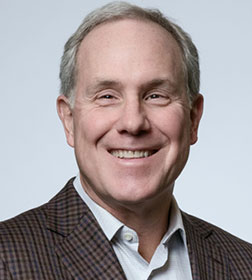
Over at MobiHealthNews, there's a great post about the future of health data and how it will impact care, physicians, and patients. Dr. David Brailer, former National Coordinator for Health IT, spoke with Jonah Comstock about the direction he sees electronic health (including EHRs) moving in the coming years. Dr. Brailer has held many positions and followed many pursuits — including being a physician, obtaining a PhD in Economics, and working with multiple electronic health startups in the private sector. With all of his experiences, he sees the data being cultivated moving from larger claims data and more onto personal information.
"I think the next big model will be data on your life and what’s going on with you, your inputs, your lifestyle, your culture of health. That data model which is now being built is going to be the next big leverage point of transformation."
At mTuitive, we've worked with a lot of claims data — using CPT, ICD, SNOMED, etc. to organize and maintain important information for physicians and their reporting. But we have noticed a growing shift away from these billing codes and an increased interest in being able to track specific patients' data. Whether it's for demographic health projects, or for tracking individuals' progress within a given program or a subset of patients, we've worked on multiple initiatives that track these key points of personal data to improve care. This goes to Dr. Brailer's other point, which is that in order to be relevant in today's healthcare market, IT organizations will have to be more forward thinking in their approaches.
"If I’m a startup and I’m thinking about what to do with the current data models, I’ve already made the first enormous strategic mistake,” he said. “I think you start by thinking about the data you need to add value and how do you get that data. It’s a very different kind of problem.”
This goes to the concern of going backward which tends to be the approach that many healthcare entities take. Rather than creating a new workflow to properly capture and optimize data, they look to fit increasingly archaic methods &mdash: like unstructured text and subjective dictation — into a way to pull out the necessary data they want to provide the best care possible.
The interview is well worth a read and I encourage everyone to go check it out.